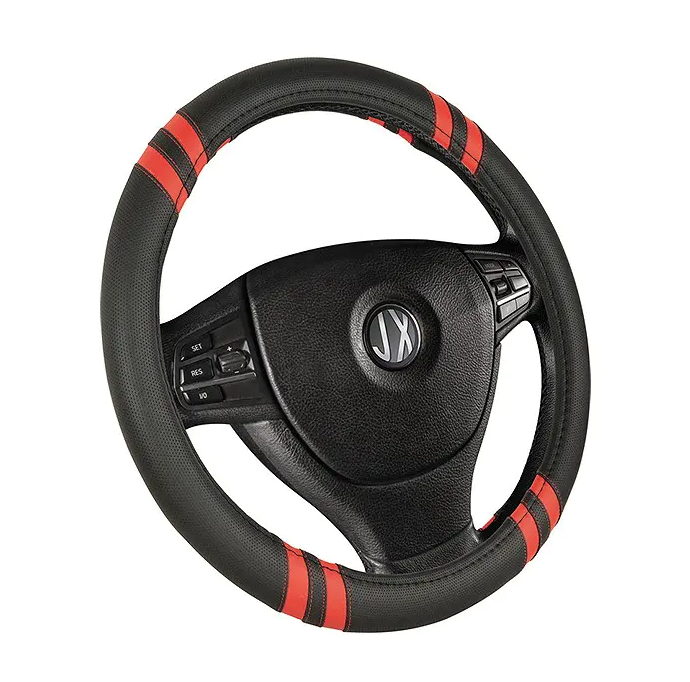A Steering Wheel Cover Factory functions as a specialized production site dedicated to creating covers that improve grip, protect wheels, and provide comfort. Beyond manufacturing, it integrates design, testing, and distribution processes to meet both consumer expectations and market standards.
One of the primary concerns is comfort. Covers are designed to reduce hand fatigue and provide insulation against heat or cold. Factories often introduce features such as breathable fabrics, ergonomic patterns, and padded textures. These ensure that drivers can maintain a firm and comfortable grip during long journeys.
Durability is equally important. Steering wheels are used daily, so covers must withstand continuous handling, exposure to sunlight, and friction. Factories use stitching techniques that resist tearing, while materials are tested for resistance to wear. These measures ensure long-lasting performance.
Flexibility in product offerings helps meet different customer needs. Some covers are designed as universal fits, while others are tailored to specific car models. Retailers may prefer large batches of standard products, whereas automotive brands might require customized designs that reflect their identity.
Personalization has become a notable trend. Factories now provide embroidery, logos, and specialized textures. These services not only attract individual buyers but also support corporate branding in automotive accessories.
The industry is also adopting sustainability measures. Some factories focus on biodegradable or recyclable materials, while others reduce energy consumption by upgrading equipment. These practices show how steering wheel cover factories are aligning with global environmental goals.
By addressing comfort, durability, and customization, a steering wheel cover factory supports both personal and commercial markets. Its operations highlight the balance between functionality and design, offering solutions that enhance everyday driving experiences.

